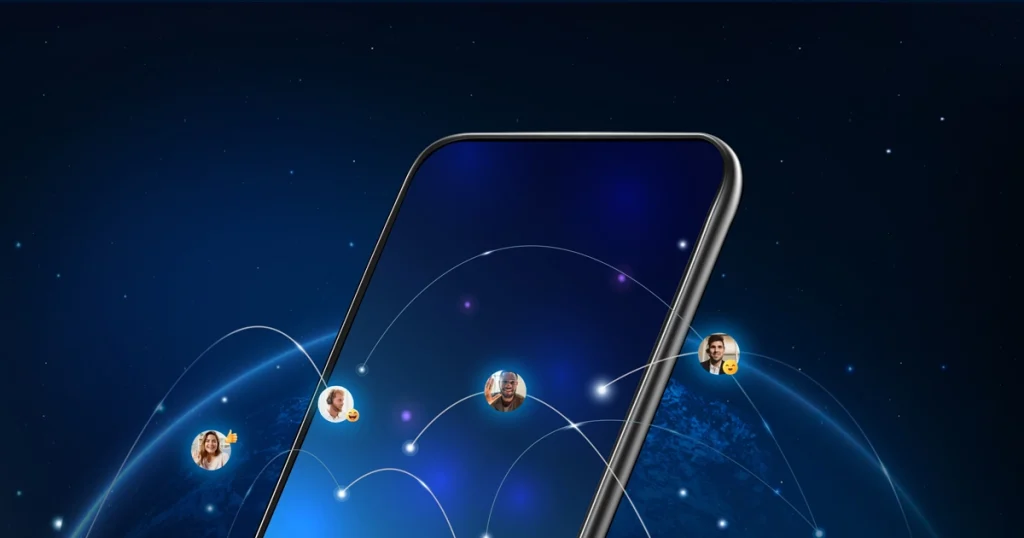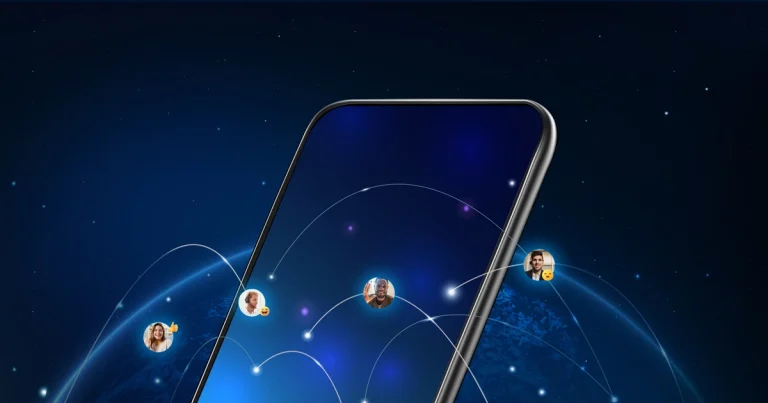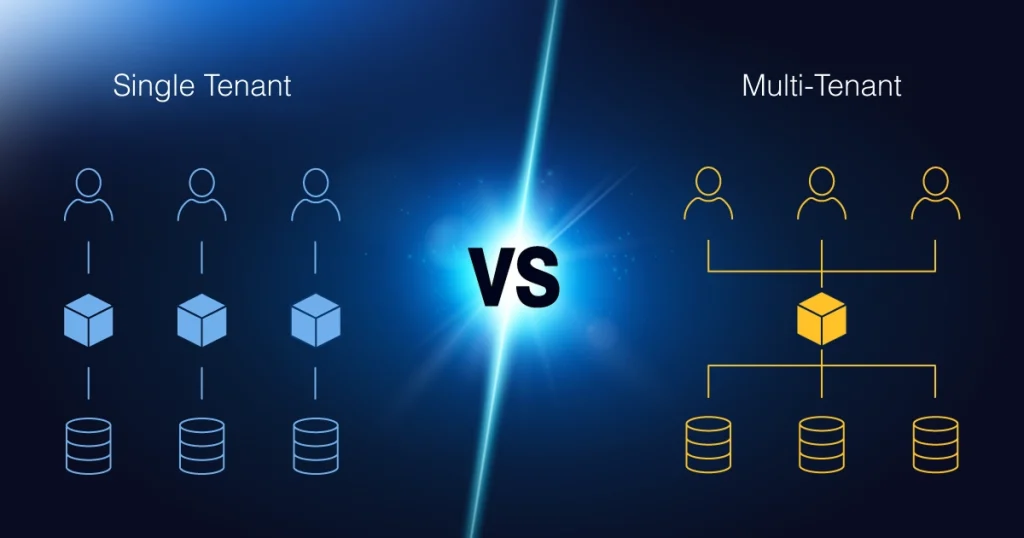
A few days ago, I got a call from a Partner.
“Hi Cristiano, how are you? I have an appointment with a very important potential client for large installation. What kind of discount can I give them?”
“Did you already meet with the client? Speak with them?” I ask.
“No, not yet,” he says, “But you know how it is, I want to be sure I can bring home the sale.”
This brief exchange is very telling. A terrible habit of the sales world is hidden here.
Before ever meeting the customer, the sales rep wants to be sure he can pull out a strong discount if he needs to.
But is a discount really necessary to close a sale?
This incident made me reflect. I decided to write this article to give a definitive answer, drawing on my experience in the sales world.
The discount is born in the mind of the vendor
Why does the sales rep want to have a discount in hand before even beginning negotiations? If you’re in sales, you might think that the discount request is inevitable.
It’s not.
The request for a discount always originates in the sales rep’s fear of losing the deal.
This fear sneaks in and instills a profound sense of insecurity in one’s own sales method. Or lack thereof, in many cases.
Let me try to explain in practical terms.
The sales rep often approaches a new deal trying to play off their own experience. Their instinct, skills of persuasion, any lessons learned in the past: these are the tools they’ll use to convince the prospect to sign the offer after a successful demo.
But none of these elements actually help close a deal.
It all backfires because the sales rep isn’t sure of what they’re doing. They don’t have a roadmap guiding them step by step along the path to convincing the customer that their solution is the best.
Everything is improvised. Everything is left to chance.
If the customer buys, the rep pats themselves on the back, thinking they must have been very convincing during the demo.
If the customer doesn’t buy, that means the client is too picky, has no money to invest, or it’s just not the right time. In other words, not the rep’s fault.
As you can see, in both cases there’s no scientific explanation for the outcome of the deal.
Wanting to arm oneself with a “ready to go” discount before meeting the customer is actually a self-defense mechanism.
A way for the sales rep to pre-empt the failure of the deal, stemming from the fact that they have no practical method to understand whether they’ll be able to close or not.
But is price really an objection?
At this point, you might be thinking that it’s difficult to avoid the “discount discussion” because in every negotiation, the customer is always looking to get a good price.
And once they have the price, they’ll always try to get the most favorable conditions or negotiate down.
Here’s the key: the discount request can be prevented by a thorough, effective interview.
Get in there and find out what’s stopping the client from reaching their business goals…and by extension, how your technology can help them increase profits.
You should never give the price before you explore the business problems that the customer can solve by using your technology.
But what if the customer insists on getting a price?
If they insist, it’s essentially for one of two reasons:
- They already have an offer in hand from your competitor and is just looking to compare. This means you haven’t communicated the differentiating value of your solution.
- They’re exploring the market, because maybe down the line they’ll buy. But at the moment they have no intention of buying. So you failed to flag this customer as non-target.
The “too expensive” objection always has to be put into perspective. “Too expensive” compared to what?
If the customer thinks that the product costs too much, it means they don’t see the business value directly linked to your offer. They’re only seeing a product with some technical specs.
At that point, they have you in a corner.
You are forced to play the discount, lowering your solution into the price war against your competitors.
If you’re able to make the sale, you sell at a low price, with a destructive effect on your company’s margins.
From the product to the client in the sales process
The profound reason discounted sales happen is this: you go out there with the objective of selling your product at a certain price.
Forget about that, and focus on solving a business issue, a challenge your customer is facing.
Show them how much money they’re losing, or how much they could be saving if they decide to purchase your product or service.
If you’re able to demonstrate that:
- Your solution will allow them to increase revenue, and
- Your solution will allow them to decrease costs…
…then price becomes a non-issue.
Improving the sales process means you need a clear method of linking the product you’re selling to the customer’s business.
Shift your attention away from the product and toward the results that your client will get by using your product.
This is the only way you can eliminate the discount request.







